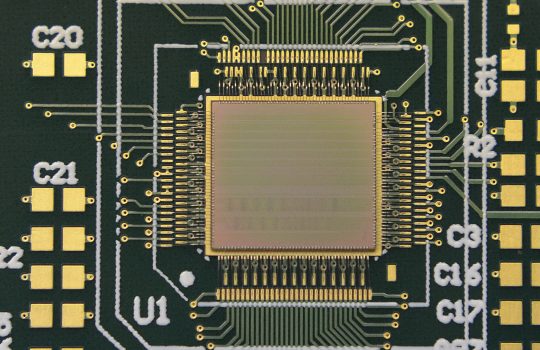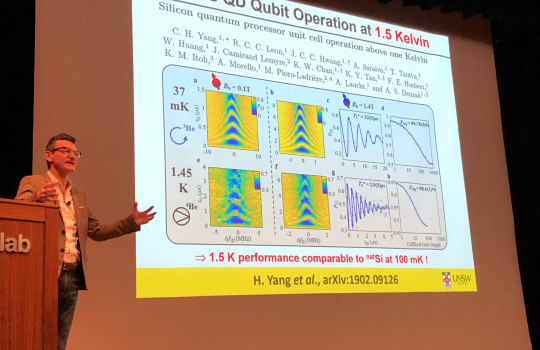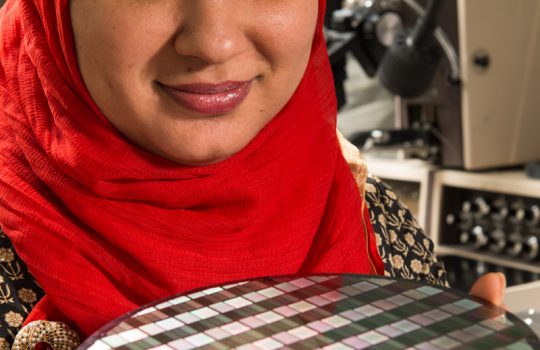I freddi occhi di DUNE
From INFN, April 9, 2020: L’industria di solito non utilizza l’elettronica che opera a temperature criogeniche, perciò i fisici delle particelle hanno dovuto costruirsela da sé. Una collaborazione tra numerosi laboratori nazionali afferenti al Dipartimento dell’Energia, incluso il Fermilab, ha sviluppato prototipi dell’elettronica che verrà alla fine utilizzata nell’esperimento internazionale DUNE – Deep Underground Neutrino Experiment, ospitato dal Fermilab.




